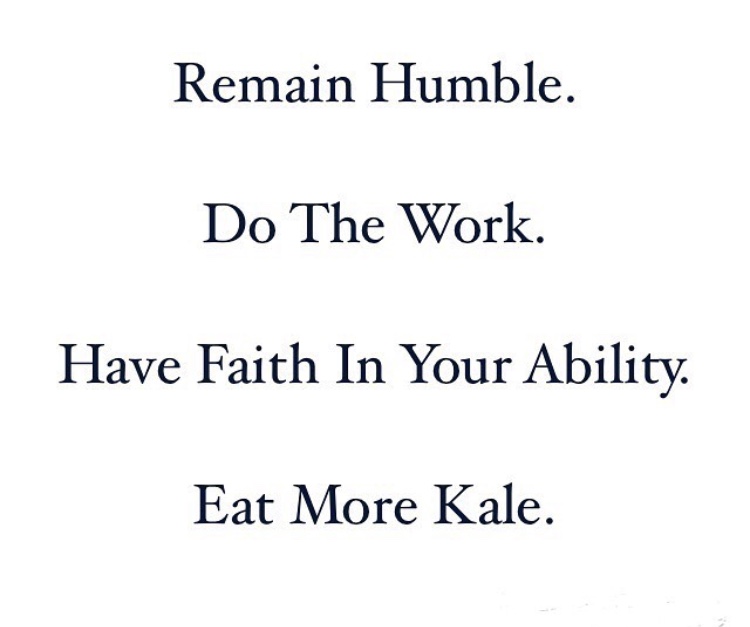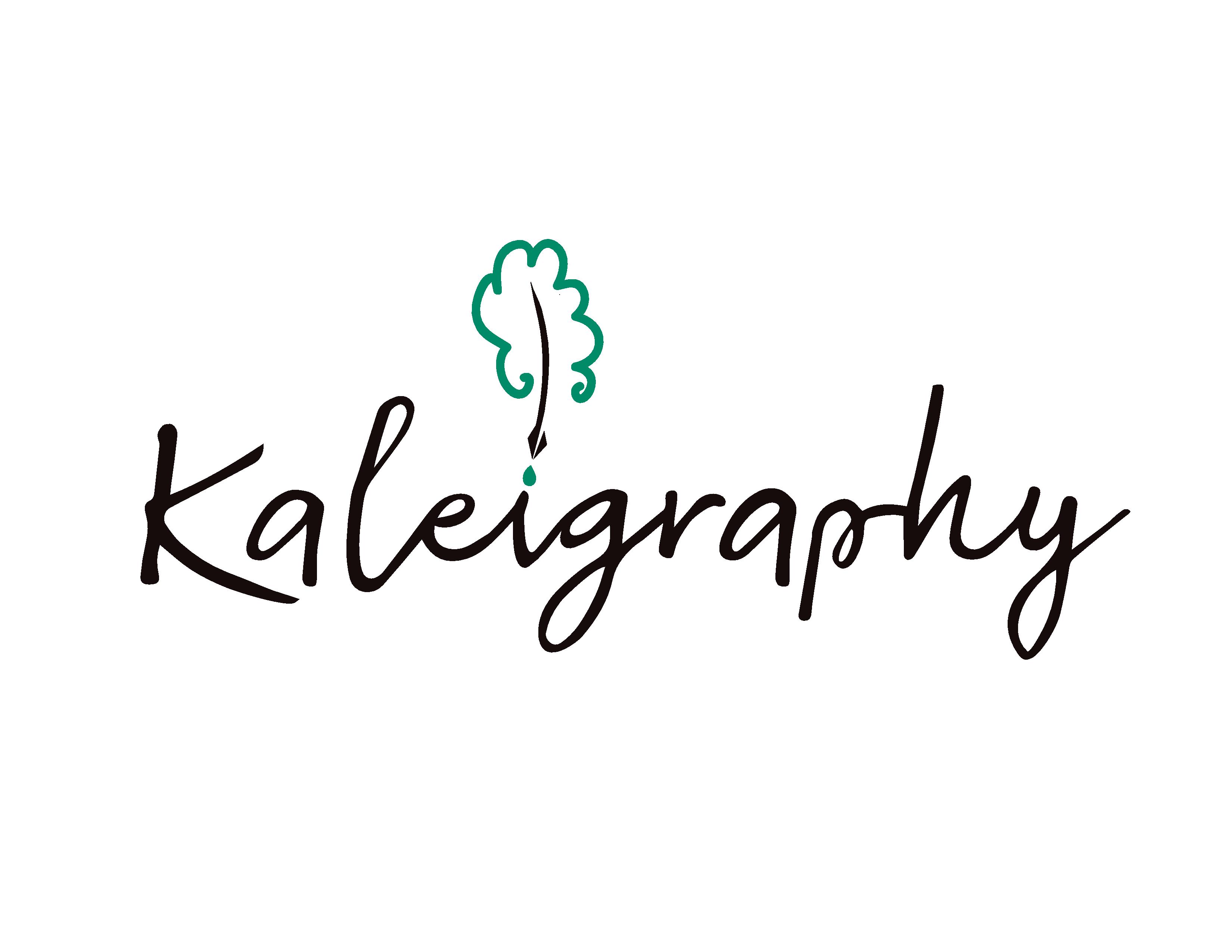I’ve loved writing since my teenage years but it’s only in the last few that I’ve realized how incredible of a tool writing can be to foster both professional development and personal success.
The fact that you are reading today’s post, in a world where writing is supposedly dead, is sufficient evidence of that.
It’s also a big reason why I started my writing mentoring service – Kaleigraphy.
With that noted, let’s get to the good stuff.
Writing A Book – A 3 Phase Process
With the release of my second book just around the corner, today’s content is all about reflecting on the book writing process from having a blog with minimal prospects to actually signing on to write, promote and ultimately publish a book in the field of nutrition.
I want to start by saying that, first and foremost, anyone reading today’s post who has aspirations of one day writing their own book needs to know from the outset that it is not some impossible feat that is beyond your reach.
Again, I’ve only been blogging for a few years and I’m already on my second and may or may not have a third in the works….
It should also be noted that I’m not a publishing expert but rather am simply offering insights from my relatively limited experience in this space so that all the curious minds out there can have a peak behind the scenes.
Phase I – Getting Discovered/Getting A Deal
Unless you are wealthy, famous, an established author or know something about the world of publishing that I don’t getting a book deal is probably the hardest part about writing a book.
And so the alternative, which is the path I essentially took, is to put faith in your work, be consistent and wait for the right people to notice it.
Which they will.
In fact, my whole career in private practice is essentially a testament to that very sentiment.
So how do you get noticed?
Step 1 – Have A Good Blog
Like mine, duh!
It should come as no surprise that publishers want authors who have a portfolio of work that demonstrates their competence as writers.
Whether you curate hard hitting critiques or like to develop recipes, having a blog with regular, consistent and high quality posts is important. ( Kaleigraphy can help).
Step 2 – Have A Social Media Presence On At Least One Platform
Usually those who fulfill step 1 will automatically fulfill step 2 because having a good blog predisposes you to having a good following.
You don’t need to be a social media guru but having a following on one of the major networks ( such as Fb, Twitter, instagram, Pinterest etc) will greatly help your cause because it increases your ability to promote and sell your book, which publishers like.
Step 3 – Have Faith In Your Ability
I operate with 4 primary self imposed principles that have served me incredibly well in the writing sphere:

Phase II – Writing/Editing The Book
Congrats!
You [I] got a book deal!
Now let’s write this book.
Brick by brick you put together a masterpiece combining professional experience, the latest available research and a knack for storytelling that seamlessly weaves the two together.
An outline is the best place to start.
Outlines are really underrated and provide a great starting point for any writer.
Then, you can go in and start drafting based on that outline, making the whole process feel a bit more plug-and-play.
It’s highly efficient and enjoyable process, especially for those who truly love to write and create.
Oh and …
You don’t need to know how to use a semi-colon to write a good book.
That’s what the editorial team is for!
I am a savvy writer but not a technical one as my long time readers may notice from the odd grammatical error you might find on my blogs.
Shout out to my editors!
Phase III – Promotion & Pre-Orders
The best book in the world… may not get read if it is not properly promoted.
Despite it mostly having very little to do with actual writing, promotion is probably the most important part of the whole process from a sales and impact perspective.
Using the movie industry as an example, it is usually the well promoted films with big names and fancy trailers that tend to rake in the cash while the films that win all the critique awards tend to fly under the radar.
In a perfect world you want your work to check both boxes of course!
The major challenge that I’ve found when promoting a book is to utilize my creativity to the utmost effect, as in today’s blog, to ensure I do not come across too pushy despite I obviously have something on the line as an author hoping to sell a good number of books.
Andy De Santis RD MPH




